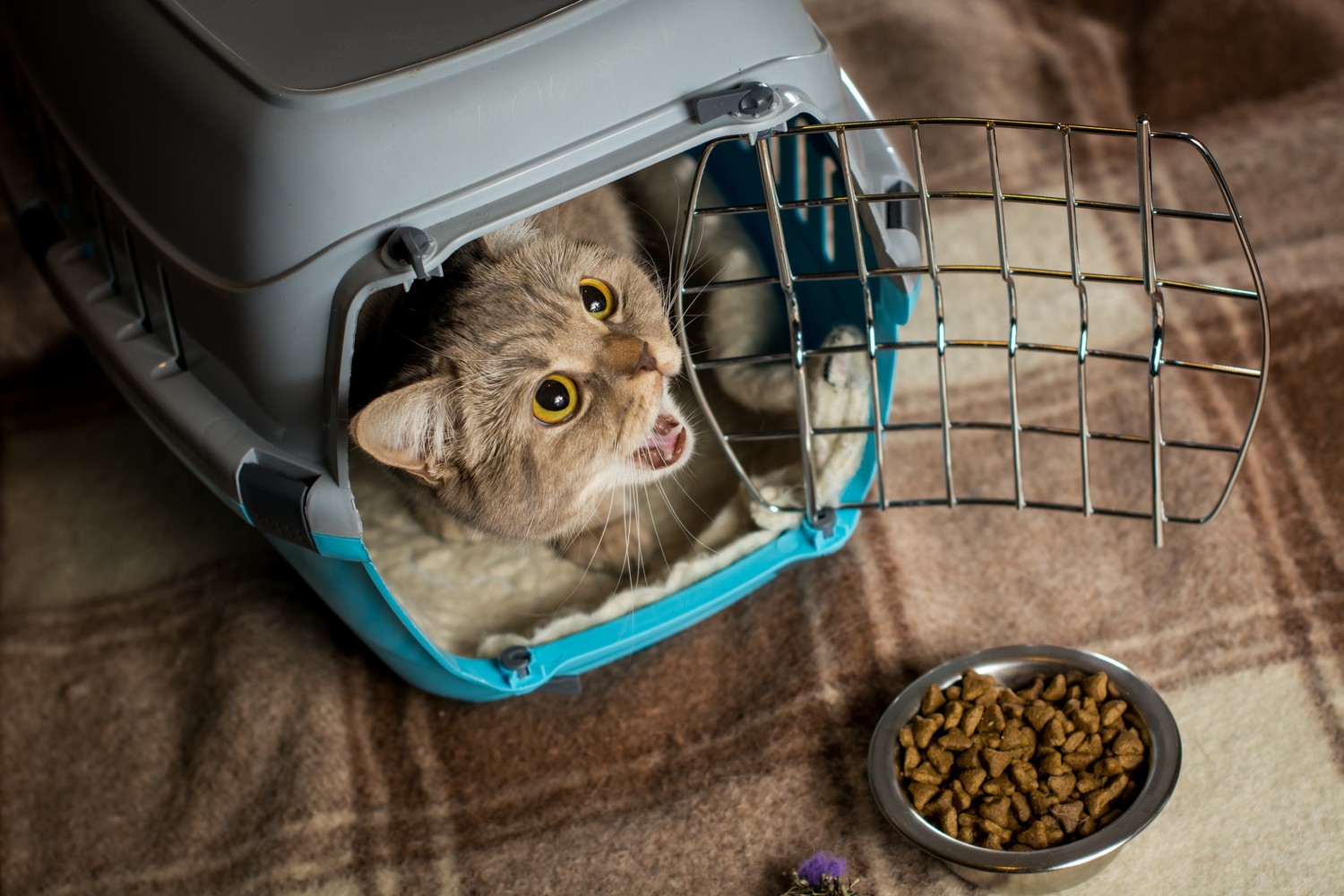
Healthy Cat Treat Tips
Cat ownership comes with many perks. When it comes to lavishing your feline with affection more is always better. However, when it comes to treating your cat, too much can have an adverse effect on their health. According to veterinary experts, treats should only make up a mere 10% of your feline’s diet. Whereas the remainder should encompass a healthy, protein-rich cat food. Too many cat treats can result in overweight kitties with arthritis, diabetes, or kidney issues.
Below, you will discover some valuable tips to keep your pet happy and healthy for years to come:
1. Feline obesity
Is your cat overweight? Pet owners report this is their greatest concern. Cats are natural carnivores, which means they require a high protein, high moisture, nutritious cat food to help them maintain a healthy weight. Average healthy weight for most kitties is under 12-pounds. Of course, this also depends on breed and age.
2. Portion control
Treating your kitty in moderation matters and while using treats to reward good behavior can be useful, over treating cats can lead to feline diabetes, urinary blockages, joint stress and arthritis. Excess weight also increases pressure on organs, affecting their heart and lungs, and shortening your cat’s life.
3. Protein rich cat treats
Protein rich cat treats are always best. Look for a USDA-approved treat, which is safest. Check content, calories, absence of of grains/carbs. Below are some other recommended healthy cat treats:
- Freeze-dried treats: Pure meat, healthy, low calorie, safe processing.
- Crunchy treats: Label lists meat first, great for dental plaque, natural and low in calories.
- Certified organic dry catnip: This provides an extra element of fun for your cat and you!
- Enzymatic oral hygiene chewy treats: These aid in avoiding bacteria, tartar and gum inflammation, common causes of infections and bone density issues.
- Do not feed your cat people food or milk. Their digestive system is not like ours and it can cause severe stomach upset.
4. Feline diabetes
Feline diabetes and is more common than you think. Diabetes occurs in cats just like in humans, resulting in the inability to regulate blood sugar when a cat’s body isn’t creating enough insulin. Without proper levels, cat suffer energy issues as well as these symptoms:
- Excessive thirst
- Frequent urination
- Sudden weight loss or weight gain
- Lethargy
- Abnormal gait in back legs
- Possible seizures
If any of these symptoms present in your cat, please see a vet as soon as possible. Untreated diabetes can result in dizziness, disorientation, and seizures leading to coma and even death.


